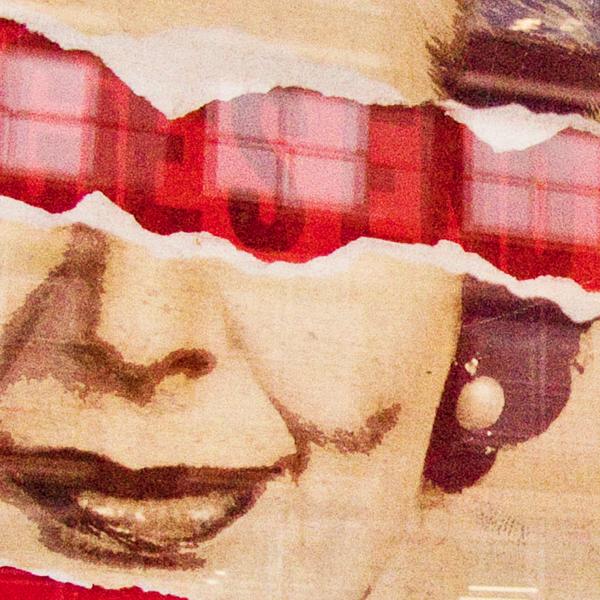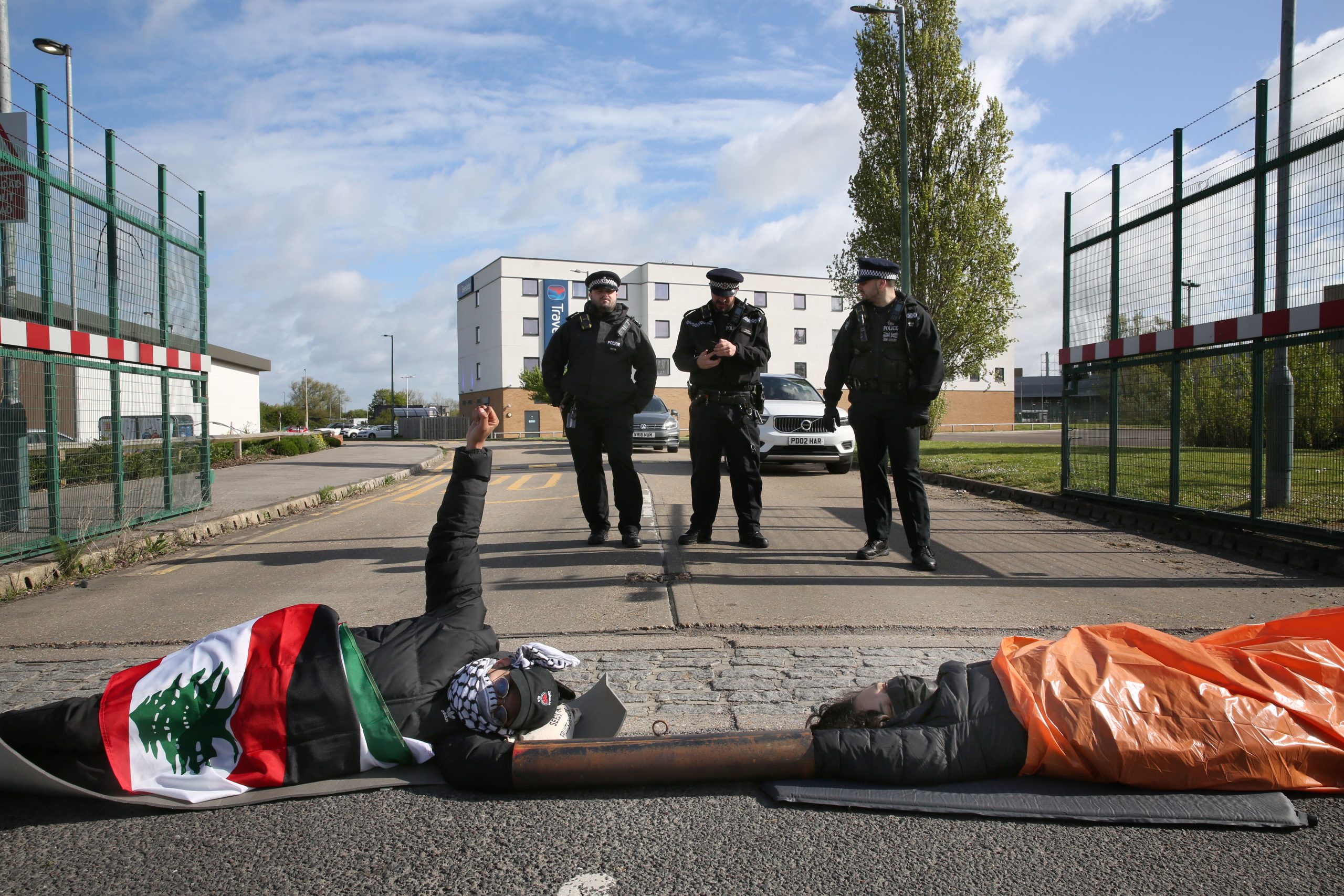The Transgender Day of Remembrance, held annually since November 20, 1999, is a day of remembrance to commemorate the world’s average of about 300 trans people killed each year due to anti- trans hatred and violence. On this day, we remember those affected by trans-sexual violence, and also raise awareness of this form of discrimination and violence. The day was introduced in honor of Rita Hester, a black transgender from Massachusetts, who was murdered on 28 November 1998.
The Trans Murder Monitoring Project (TMM) has registered 325 murders of trans people worldwide between October 2016 and September 2017. It is however likely that this number is higher, as there is little to zero data on the issue from many countries where visibility of trans people is limited, and there are no organizations supporting them.
Worldwide, most of the murders of trans people are committed in Brazil, Mexico, Argentina and the US. Trans women are at particularly high risk of being victim to violence and discrimination. Many of the murders are accompanied by a high degree of cruelty, and often include torture or mutilation.
In most countries worldwide, only two genders are recognized: male and female. People who fall out of this binary gender system are often exposed to multiple discrimination in their everyday lives. Violence, discriminatory language and sexual assaults are commonplace for many trans- and gender-diverse people. Many have been raped, beaten, experience mental health problems such as depression or addiction, or attempted suicide in their lifetime.
40% of transgender people have attempted suicide, largely due to rejection by friends and family, discrimination, and abuse. Many transgender people experience discrimination- related problems in their daily lives. That includes issues such as problems with finding employment, social exclusion, and discrimination at work. In addition, trans people wordwide are often affected by social and institutional pathologization. They are discriminated against by the health care system, since transsexuality is still regarded in many places as a personality disorder or “mental illness”.
Trans women of color are most frequently affected by poverty and violence; they often work in precarious jobs and are discriminated against, abused or murdered by the police, especially in the US, Brazil and Mexico. It is them who represent the largest group of victims of violence against trans people.
The first queer uprisings in the late 1960s were sparked by trans women of color and other queers most affected by police violence. The Stone Wall Riot initiated the LGBT movement in the US, which for the first time fought for fundamental rights for gays and lesbians. The gay liberation movement was soon seized by white middle class gay men, and women like Marsha P. Johnson and Sylvia Rivera were excluded and discriminated.
Today, as well as any other day, it is worth to remember about them, and about many others, subjected to violence, rape, discrimination, or murder.
ZB








